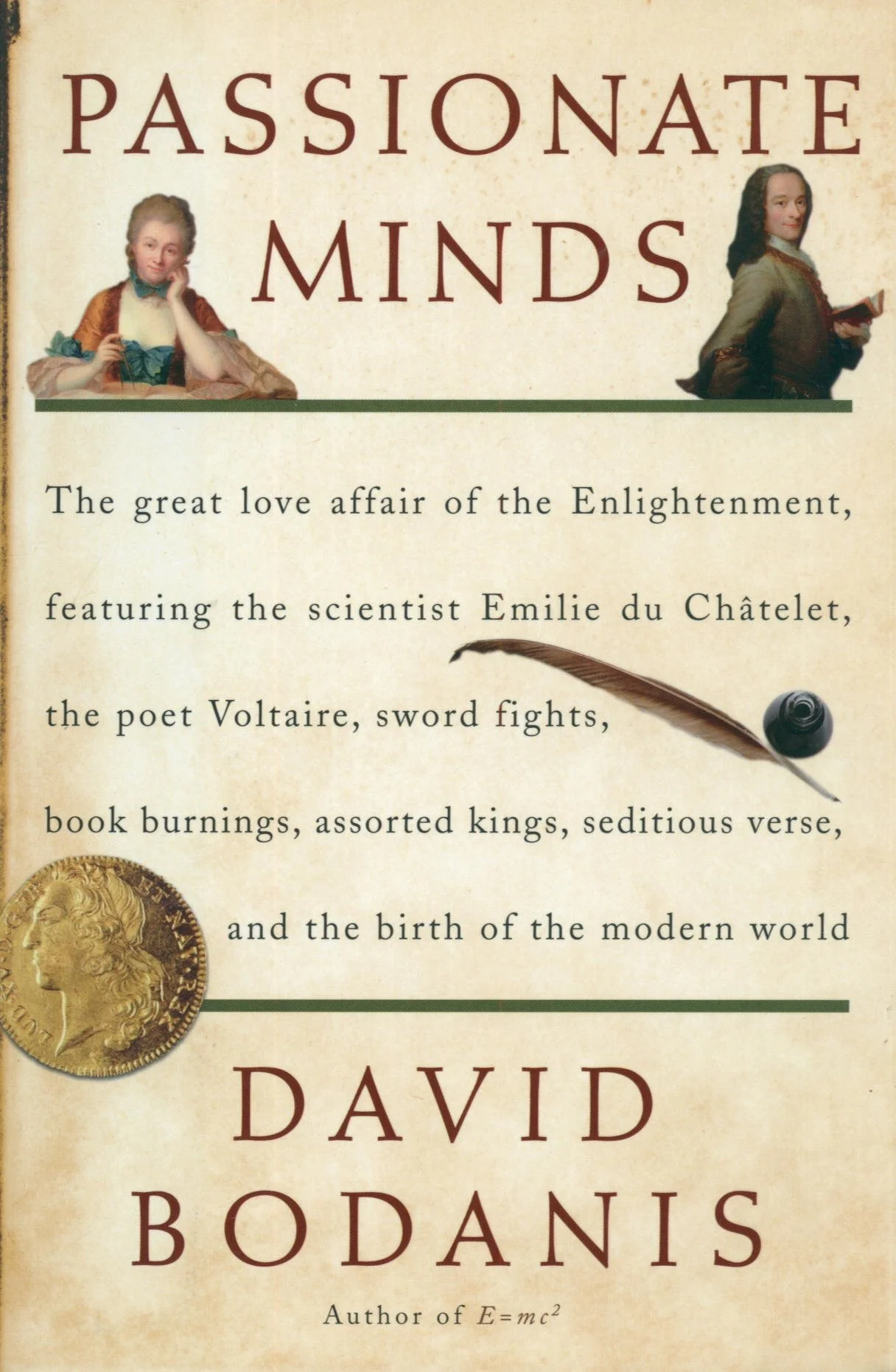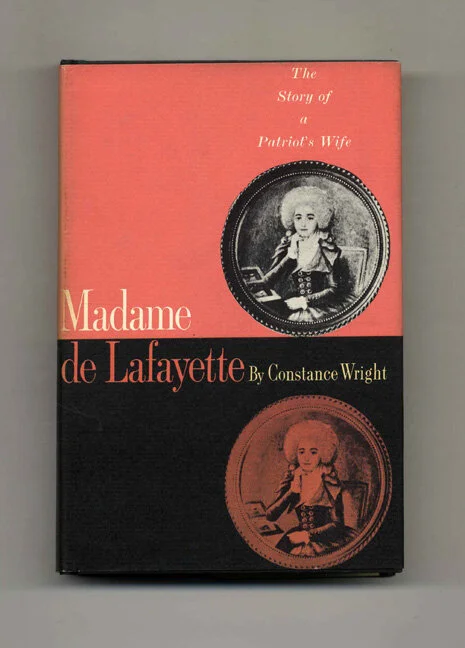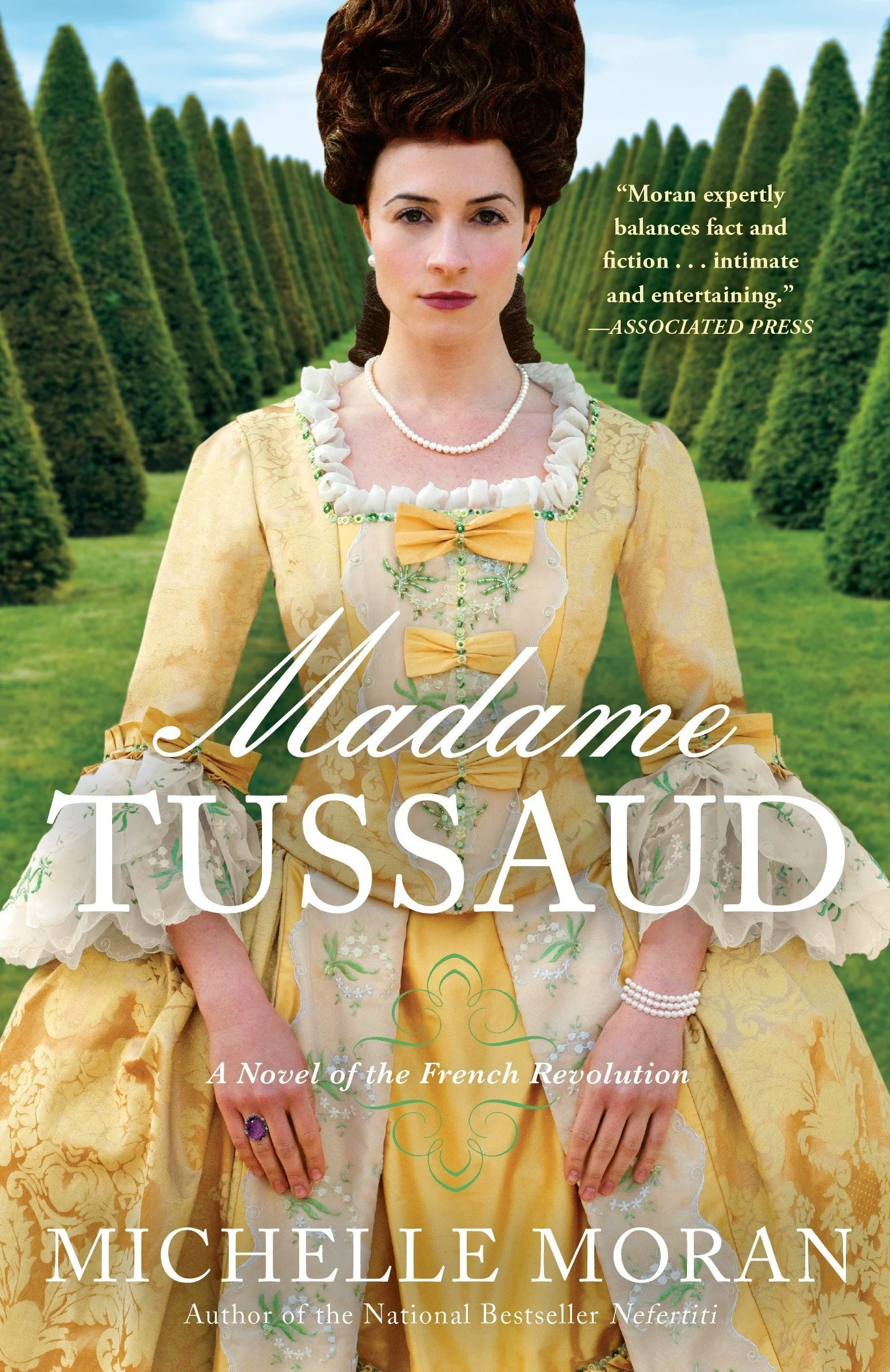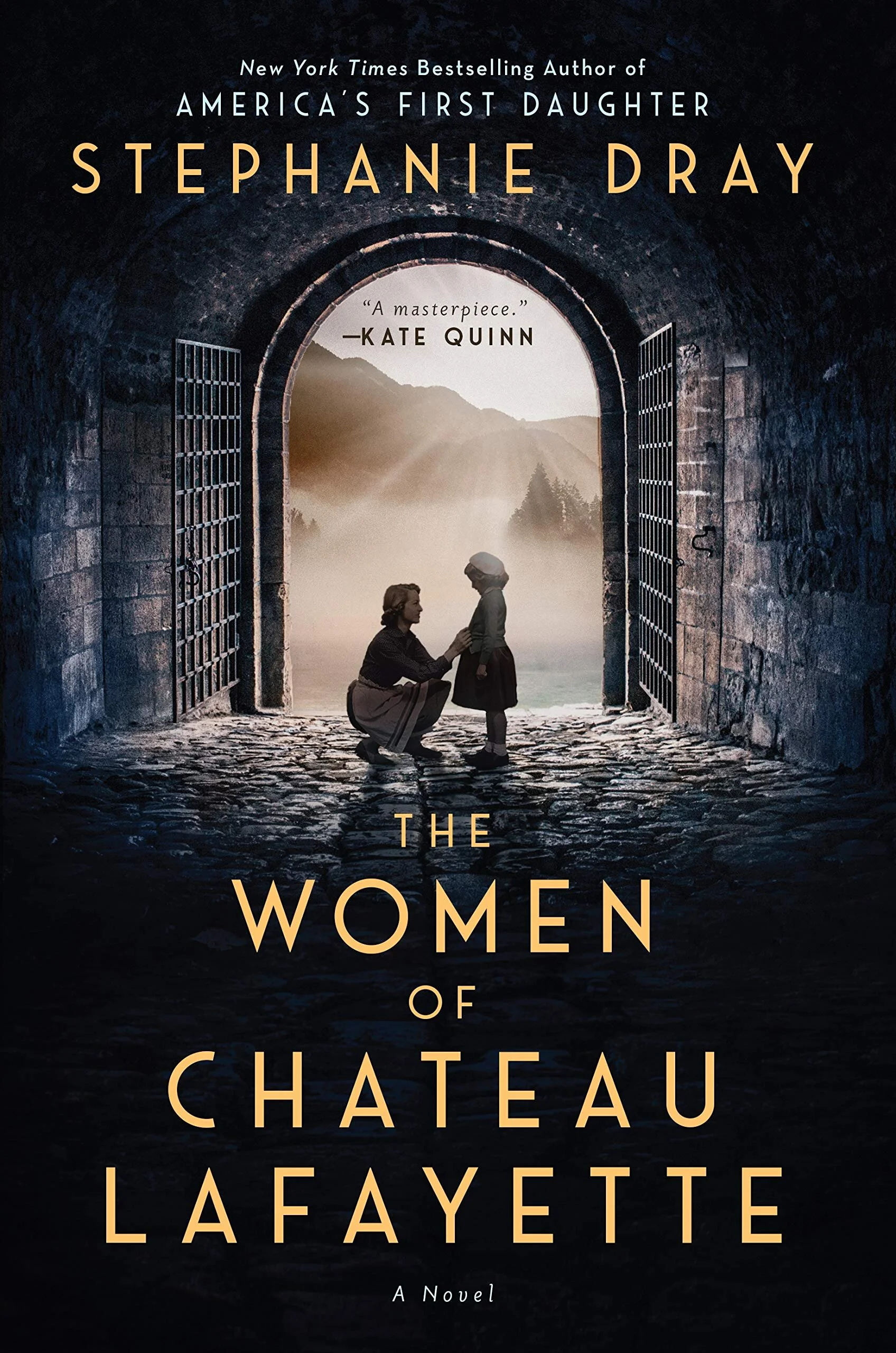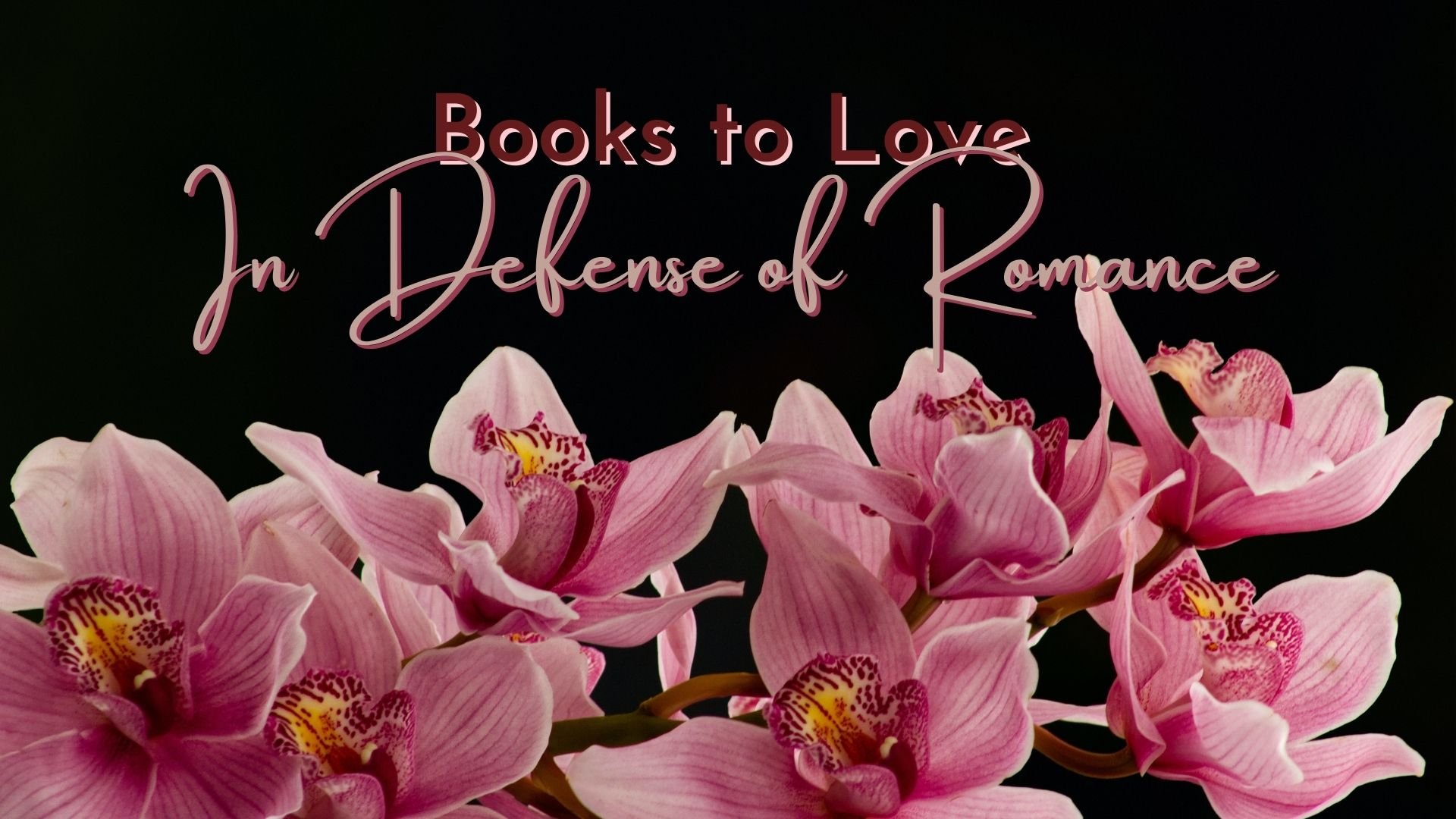Books to Love: Women of Influence: The French Edition
There’s an old French proverb:
“If you want to understand men, study women.”
And, as luck would have it, I have a handful of books that prove this proverb’s truth. Furthermore, given its French origination, it follows beautifully that all these book showcase French women and the men they bettered.
Passionate Minds
The subtitle of this books is a mini-blurb in and of itself, but I’m including it because it encapsulates the essence.
“The great love affair of the Enlightenment, featuring the scientist Emilie du Chātelet, the poet Voltaire, sword fights, book burnings, assorted kings, seditious verse, and the birth of the modern world. ”
How’s that for capturing your attention? It certainly got mine. In all my philosophical education at University, I did not plumb the depths of Voltaire much at all. However, being a voracious reader, I have come across many of his writings in part and have been struck by his turn of phrase more than once. That being said, I’m not usually one to want to read a biography about him. In fact, if I’m being honest, he’s never been a draw at all.
Imagine my surprise when this book found its way onto my TBR pile. It’s been there for quite a while, but it has only been recently that I’ve picked it up. I’m taking my time going through it, too, because it’s a rather fascinating delving into the time period when Emilie and Voltaire live.
The wonderful thing about biographies is that they not only open up the lives that one is reading about, but they open up the entire time period. That’s what happens in Passionate Minds. You garner a true grasp of what life was like, particularly for the aristocracy in France at this time.
The unfolding of Emilie is what really has captivated me through this read. I appreciate the time Bodanis gives to her early upbringing, how her father encouraged her and facilitated her access to scientific and mathematical journals, essays, and tutors. Her mother was not keen on what she deemed unnecessary education. Keep in mind, while aristocratic women received a modicum of education at this time, it was not the in-depth knowledge that Emilie craved like air in her lungs. Her childhood was a delicate straddling of pursuing her passions and keeping her mother happy. As she grew older, this became harder and harder to achieve until she finally succumbed and made a marriage. Her mother was happy with her choice, but not as content as Emilie was because her husband had no quarrel with her indulging her insatiably quest for more and more knowledge.
While Emilie made massive scientific contributions, building on the foundation that Isaac Newton laid, she is largely remembered (when she is remembered) because of her relationship with Voltaire. I will not take anything away from Voltaire because his writings have been instrumental in shaping the Enlightenment, this book provided me a deeper look into the atmosphere necessary for him to pen much of his thoughts. When Emilie and he embarked on their decades long affair, neither of them knew how important the other would be in their personal growth. Because of the years Voltaire had spent in England while exiled from France, he provided Emilie with knowledge of what was happening in the scientific and mathematical communities there. Through him, she was able to make contacts and correspond with the men who had taken up Newton’s theories and moved forward with them. Due to the quick minded nature Emilie possessed where science was concerned, she was a major contributor to the strides made in her field. In fact, one could effectively argue that were it not for her, science would have moved forward at a slower pace.
Bodanis portrays Voltaire’s foibles a little more readily than Emilie’s, but I believe he does so for the supreme purpose of showing how Voltaire’s association with her improved his own writings. She honed him. His thoughts always were on a specific bent, particularly when it came to the rights of all men and what true freedom was, but Emilie helped him to sharpen his writings, to direct them in a more incisive way, so that they would have more impact. Furthermore, because of her high aristocratic connections, she was able to smooth the way for him when his pen got him into more trouble that he bargained for.
Passionate Minds is homage to Emilie. And she truly deserves it. I am always appreciative of books that highlight aspects of history that have been forgotten. In the case of Emilie, her story was sifted into obscurity because the women of her time, who ran the salons of Paris, could not understand the highly complex scientific achievements she was making. These woman held themselves up in such lofty estimation that it required they shun her and, after her death, sweep her into shadows so their own far meager lights could shine. Couple that with the fact that Emilie ran rings around many of her male contemporaries, and you are left with an equation of jealousy and wounded egos. And while Voltaire did try to keep the flame of her memory alive, he (and the handful of people who were touched by her incandescence) were not enough to combat a society that deemed her unnecessary, trivial, and dangerous. It is remarkable how little society truly changes for such things continue to this day- blacklisting, shaming, censoring, canceling. As Bon Jovi wrote, it’s all the same, only the names are changed.
Read this book. You’ll watch the unfolding of a remarkable woman’s life and you’ll see how influential she was. And, you’ll take heart. Why? Because regardless of all those people who tried to expunge her from the pages of history, the truth will out.
Madame de Lafayette
Constance Wright
And when it comes to blacklisting, shaming, censoring, and canceling, I don’t think there’s a greater example of that then what the Marquis de Lafayette and his family endured. This may be a bit of an assumption, but I’m sure that you’ve all heard of the Marquis de Lafayette. In America, he is so revered that every single state in the union has a city, town, or county named after him. In France, his contribution is equally compelling. However, as his dying breath attests, all the achievements and accolades collected during his life can be laid at the feet of the woman who stood behind him, his helpmate, his friends, his lover, his wife- Adrienne.
Constance Wright’s biography of Adrienne’s life is eye opening mainly because Adrienne is a woman who rubbed elbows, corresponded with, entertained, and conversed with some of the most influential men of her time. Furthermore, she held those men’s respect separate from her husband.
What’s even more poignant about Madame de Lafayette is the incredible tragedies and hardships she endured because she allied herself with her husband. So much of their married life was spent separated from one another. Yet, Adrienne understood her husband’s impetus and adopted his causes as her own. When he penned The Declaration of the Rights of Men (a worthy read and relevant even in today’s culture and society), Adrienne blotted the ink for him. (This is a touch sardonic. I don’t think she actually blotted the ink for him. However, her unstinting adherence and championing of freedom for all, regardless of class, creed, or race was second to only that of her husband.)
When he was imprisoned in Austria because of he misjudged how radical Robespierre’s liberal movement had become, it was Adrienne who embarked upon an epistolary mission to all the affluent men abroad and at home who might exercise influence to free him.
However, when we see her unflagging, indelible strength in display is throughout the Reign of Terror. Her husband was imprisoned in another country. Though she wrote rafts of letters in a bid to free him, her efforts seemed to be in vain. The Revolution was in full swing and the surge of anger and retribution made the payments of reparations more and more costly for those who stood in the pathway, namely the aristocracy and anyone who was seen to sympathize with them.
Lafayette and his family fit both categories. Making certain her children were safe- even shipping her son to America to live with George Washington at Monticello and attend university there- Adrienne continued to fight to free her husband. Her mother, sisters, cousins, and friends were one by one finding themselves under house arrest and then taken to homes that had been turned into makeshift prisons. Finally, Adrienne herself was imprisoned in Paris.
The years of her imprisonment are poignantly conveyed. Her own words are recorded and afford a true look into a woman of exceptional strength, courage, compassion, and forgiveness. Upon reading her words, I was moved to tears.
Adrienne, Madame de Lafayette, possesses all the qualities I should wish to possess myself. Her life is exemplary, not because of any achievement or accolades that can be credited to her in any career, but because she demonstrated that Greater Love spoken of and praised. She put so many people before her- her husband and children, her extended family, even her fellow prison mates. She is a pillar of compassion, a paean to self- sacrifice and abounding love.
Here’s a name I’m certain we’re all familiar with. Madame Tussaud’s fame has lived on posthumously.
I knew nothing about her other than she was of French extraction. I did not know how she made her name, how her fame developed, or any other aspect of her life journey. BUT I am a fan of Michelle Moran. To the date of this novel’s publication, I had only read her Egyptian and Ancient Rome novels. I was intrigued to see that she had branched out into France, and even more surprising to a woman who made her mark in wax. That alone told me there was much more to her story.
Unlike Passionate Minds and Madame de Lafayette, Madame Tussaud is historical fiction. One of the reason I enjoy historical fiction so much is because if the author has done her homework well, we readers garner so much more than an intriguing storyline. Titbits, morsels of historic awesomeness dot the pages of Michelle Moran’s novel. And, she also always leaves a reference list of books she used in her research in the event that you would want to explore more deeply, too.
Marie Tussaud’s story starts as a young woman working under the tutelage of her uncle at the Salon de Cire, his wax museum in Paris. Perhaps one of the most interesting aspects I found at the start of the novel is how the Salon de Cire was a center of gossip and information for the news of the time. Marie made her mark in wax when she sculpted the figure of interest, the American ambassador Benjamin Franklin. Then when she created a beautiful tableau of the royal family, she cultivated further interest, so much interest that the royal family decided to visit their humble salon.
From this auspicious visit, doors of opportunity open for Marie. She receives an invitation to Versailles to come and tutor the King’s sister in wax sculpting. The dichotomy between what Marie sees in the city where she lives, the stark poverty and despair, compared to the opulent, wasteful lifestyle of the court at Versailles keys her into the growing unrest between the two disparate groups.
When the rumblings of revolution become louder and louder around her, Marie finds herself caught up into the tumult and terror of the time. Because of her time spent at Versailles, it becomes imperative that she distance herself from being seen as a sympathizer to the Crown.
The part of the book that impacted me the most is when they bring the King’s decapitated head to Marie’s salon door and demand that she make a death mask. In that moment, so much of the French Revolution and the eventual Reign of Terror is captured. You feel how trapped Marie feels, the hopelessness, the fear for her life, the terror at what people are capable of.
Madame Tussaud chronicles five grueling years of Marie’s life from the beginning whispers of the Revolution all the way through the Reign of Terror. Like with Madame de Lafayette, the time surrounding the French Revolution provides so much fodder for storytelling. Honestly, while the book may only span five years, there are lifetimes there. Many people never even come close to the madcap adventures and mis-adventures that befall Marie in those five years.
Madame Tussaud is a worthy read. Michelle Moran is thorough in her work. I’ve recommended several of her works on the blog before: see Books to Love: All Roads Lead to Rome and Books to Love: Down the Nile to Ancient Egypt.)
I am including this historical novel because I am very excited about it. For years I have lamented that there are no historical fiction novels written about the Marquis de Lafayette. He is by far one of my all time favorite historical figures. So, when I found out that Stephanie Dray, an author with an excellent bibliography of novels to her name, had written an historical fiction novel featuring Adrienne de Lafayette, I was positively giddy.
I have not read this novel yet, but I anticipate doing so very soon. It follows a paradigm that I enjoy, the weave together of several narratives from different time periods with different women. Team W (White, Williams, and Willig) do this with regularity whether in their personal novels or in their collaborations. It’s so much fun to see how stories can unfold from character to character leading to profound revelations. It’s a style of novel that celebrates history and the importance of studying it.
Here’s a link to the synopsis of the novel. If you’re curious, check it out, too.
Now it’s your turn, dear readers. What novels or biographies or non-fictions have you read about woman who have been instrumental in the lives of the men in their life?



